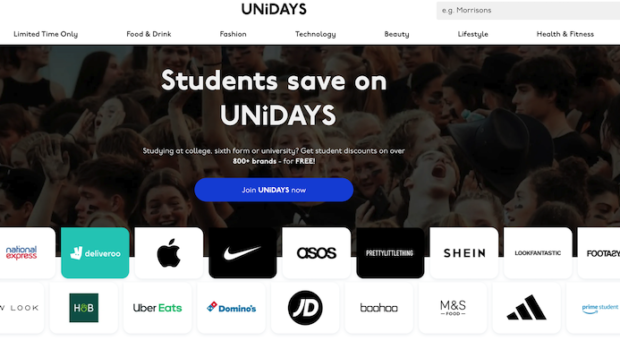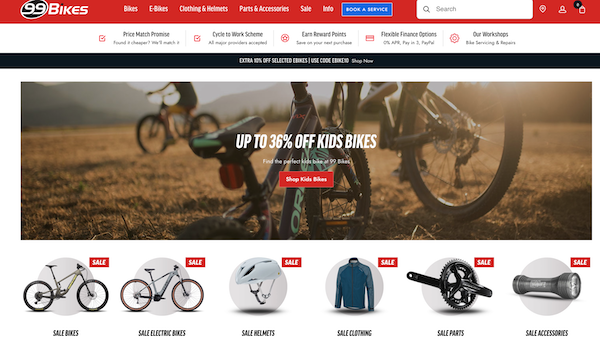Online
retailers are losing out on sales by failing to address customers’ preferred
payment methods. According to research[i] by international electronic payment
specialists, The PPRO Group, 68 per cent of UK consumers have abandoned an
online retail site due to the payment process. Over half of these (57 per cent)
left because the process was too complicated, while 46 per cent didn’t complete
the transaction as the merchant didn’t offer them their payment option of
choice. This demonstrates that to succeed online, merchants must consider an
omni-payment strategy to keep customers happy and maximise sales.
Cultural
differences also play a key part in the transaction process. For example, the
preferred payment method for UK consumers is PayPal (45 per cent), followed by
credit cards (22 per cent) and debit cards (23 per cent). In the Netherlands
however, almost two-thirds (65 per cent)[ii]
of all transactions are carried out using the iDEAL online banking system and
in Germany and Austria most digital buyers prefer payment on account and via
direct debit. By failing to understand the preferences in each country,
merchants can lose sales, with nine out of ten (92 per cent) of UK consumers
not happy to pay via a method they had not heard of. By facilitating and
accepting international payments in multiple methods, online retailers can open
the door to more international business, expanding their reach globally.
“The
first step to achieving sales and ensuring customers carry out their purchase
is for merchants themselves to understand the culture of payments.” comments
Tobias Schreyer, co-founder and chief commercial officer at The PPRO Group. “The
customer-facing website can be beautifully designed, with quality products and
easy to navigate but all this is pointless if when the customer reaches the
checkout, they refuse to complete a transaction due to a lack of payment
options.”
Consumers
also expect variety when it comes to payments with 88 per cent of UK consumers
expecting to have the option to pay by a number of means when they shop online.
Merchants need to accommodate this and offer alternative methods. If payment
options are limited, so are sales opportunities.
“By
removing the boundaries and complexities of international electronic payment
processes, consumers can ultimately buy what they want, where they want and how
they want, increasing opportunities for merchants. If these barriers are not
broken down the ramifications can be severe,” adds Tobias.
[i] One Poll surveyed 1000 UK adults who shop online
between 24th July – 28th July 2014
[ii]Worldpay alternative payments report 2013








Share